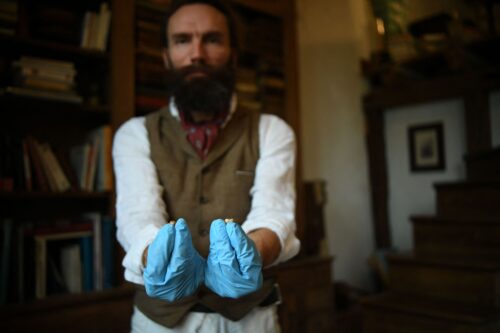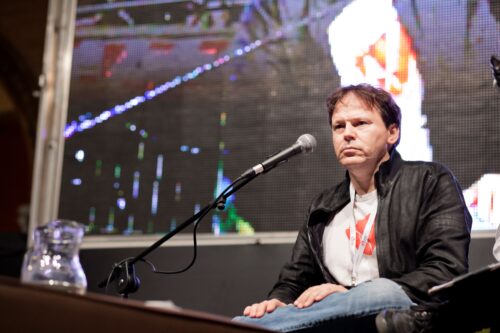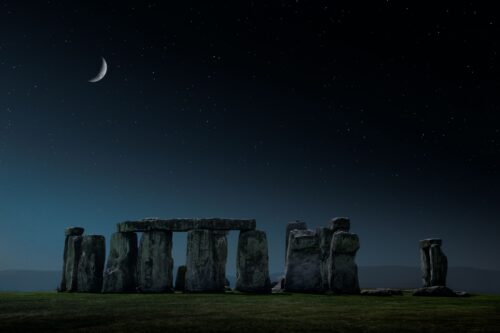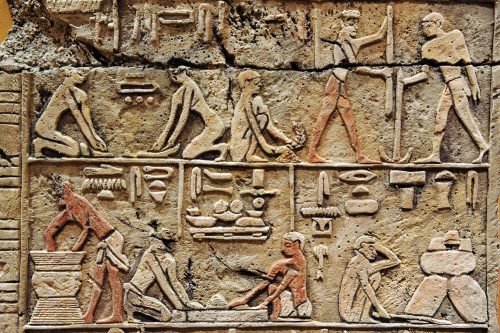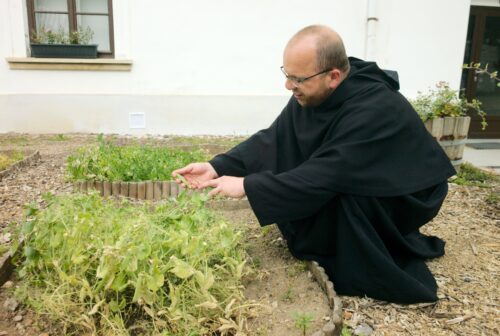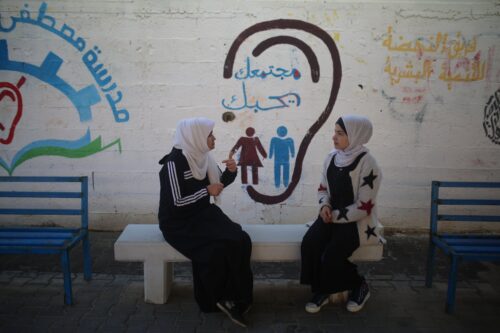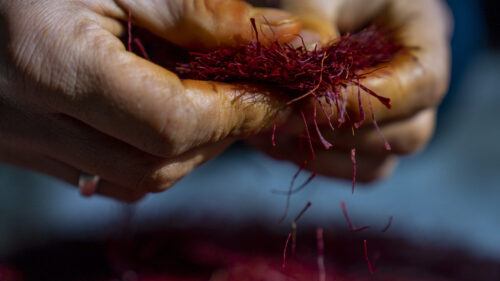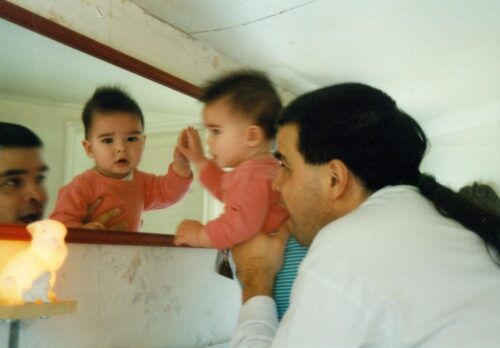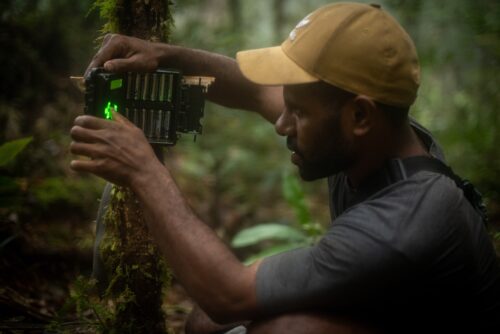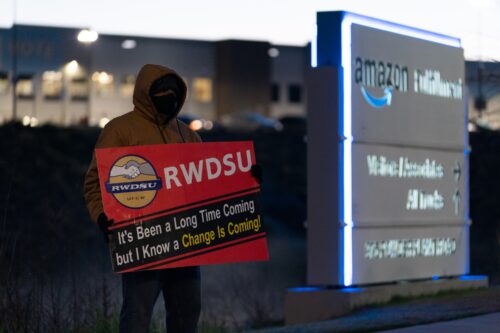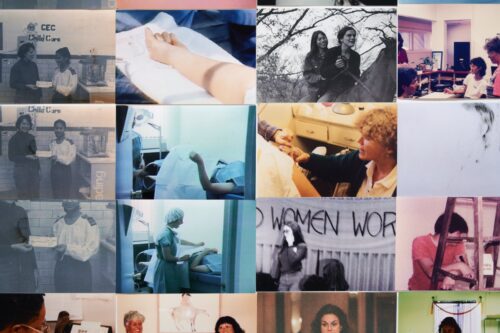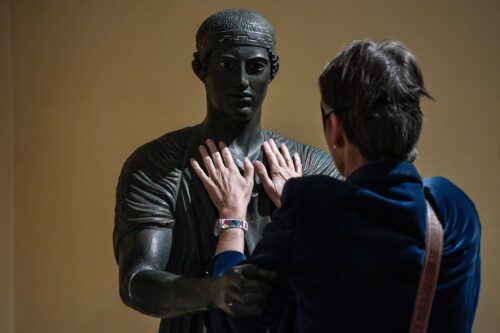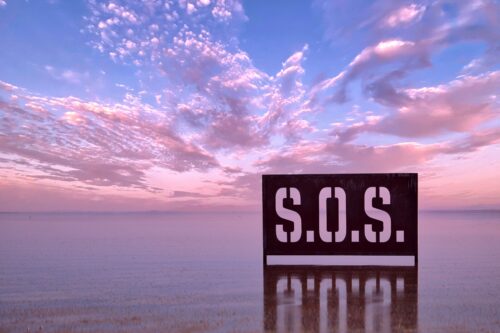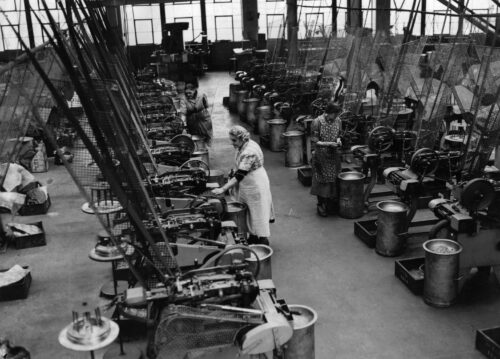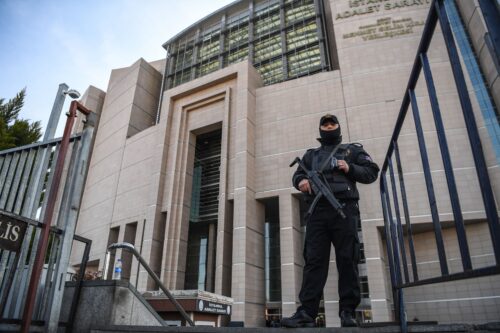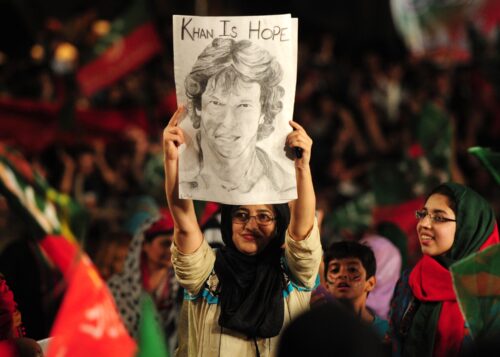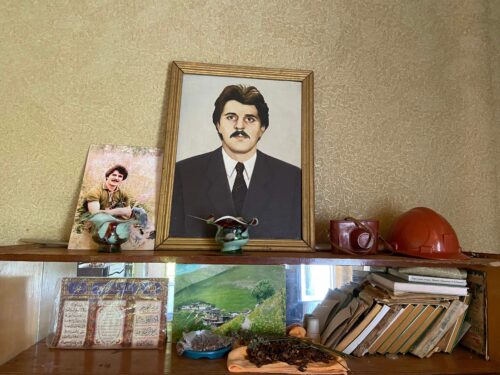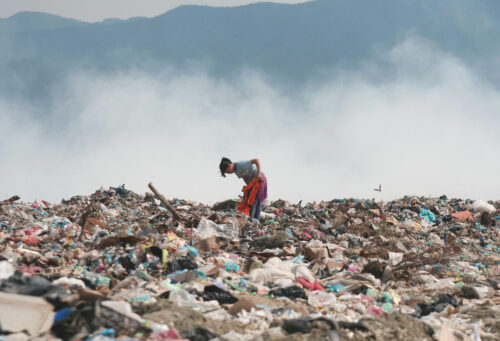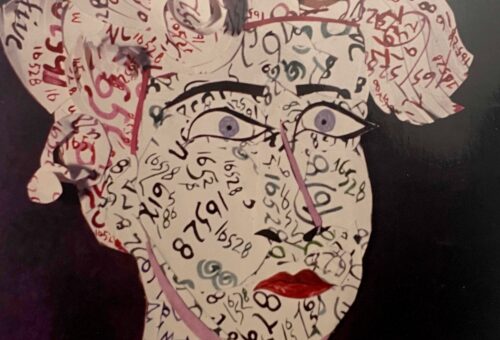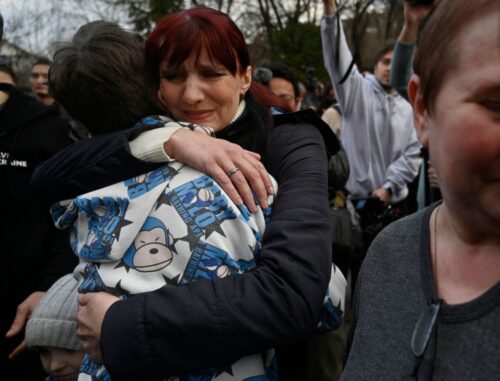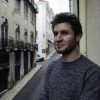The Nachtwinkels of Antwerp
The Nachtwinkels of Antwerp
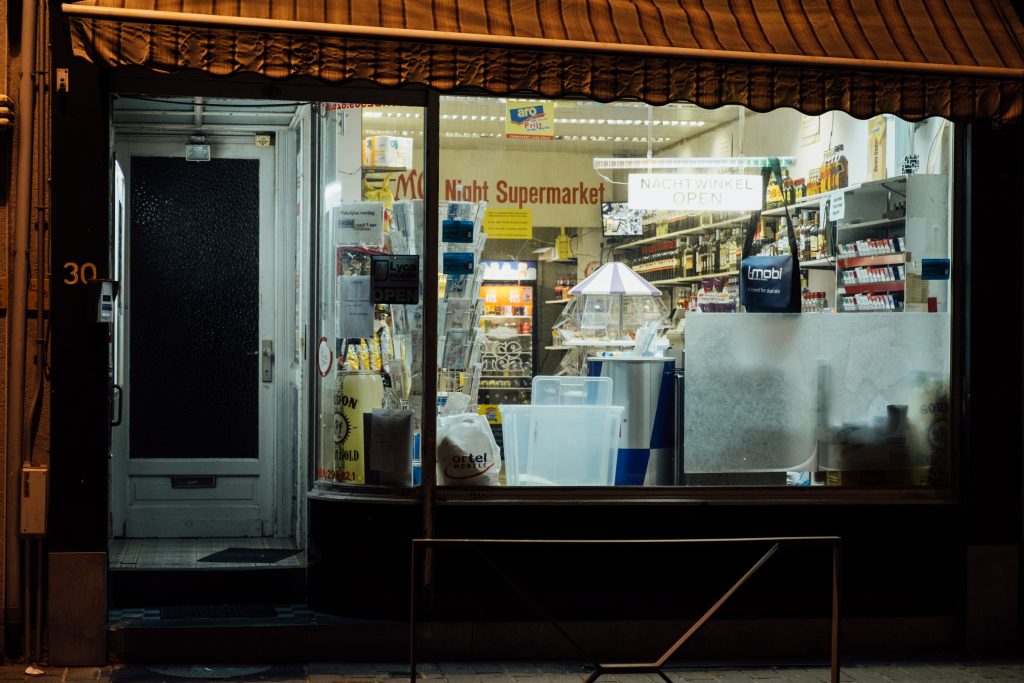
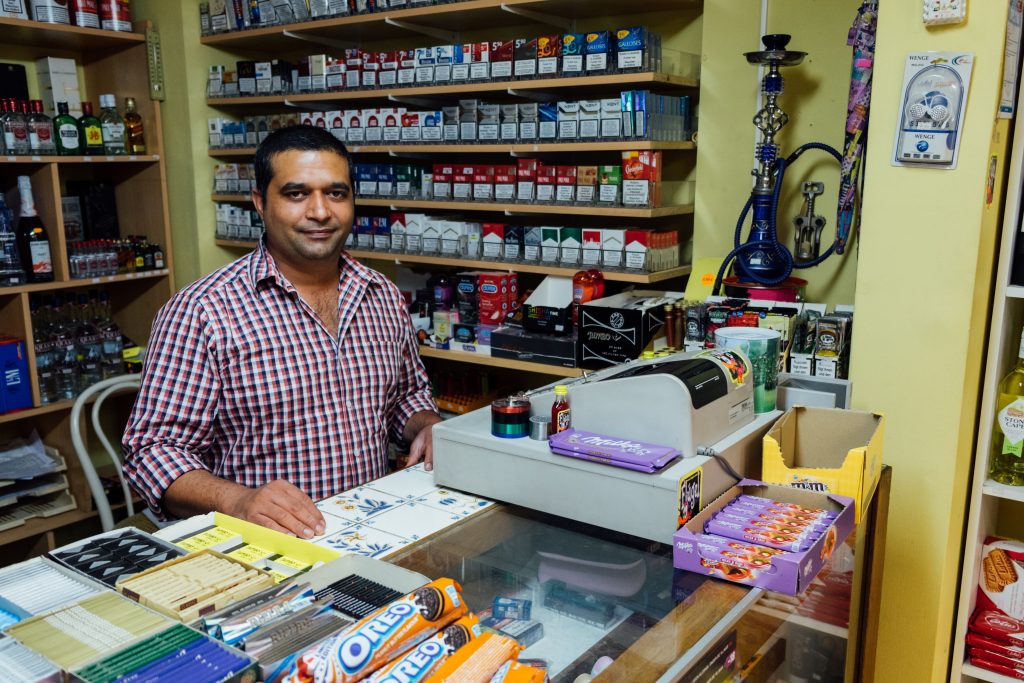
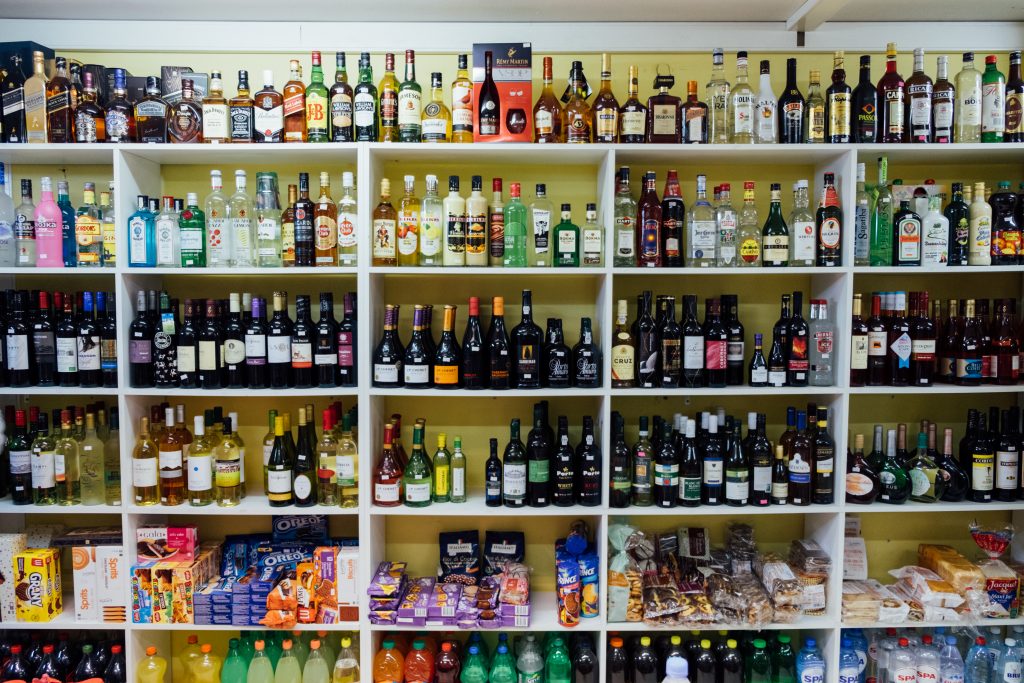
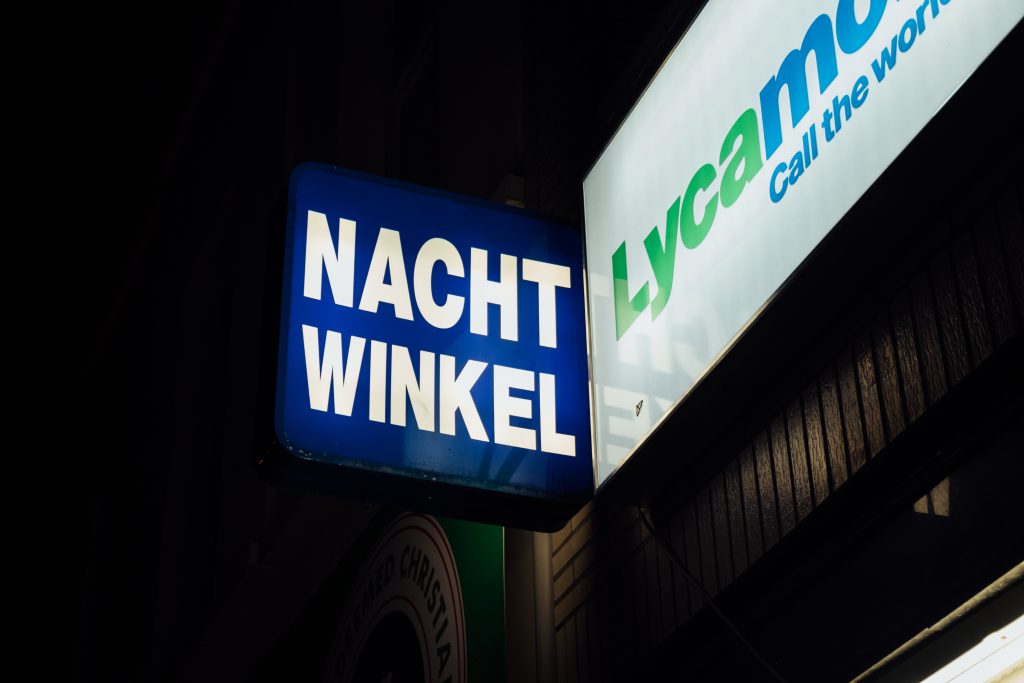
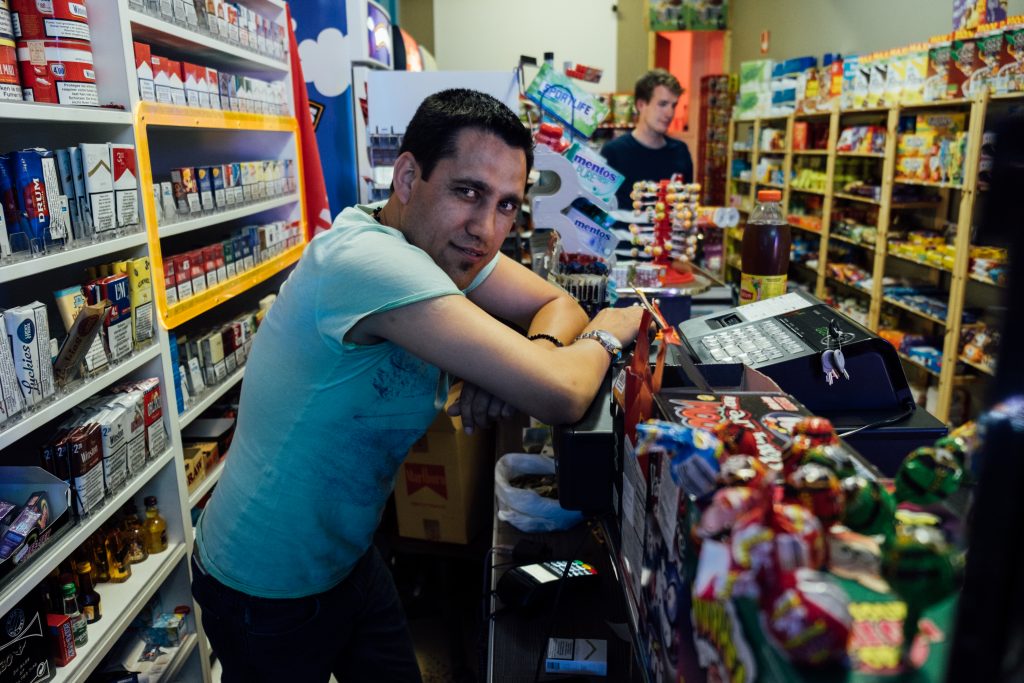
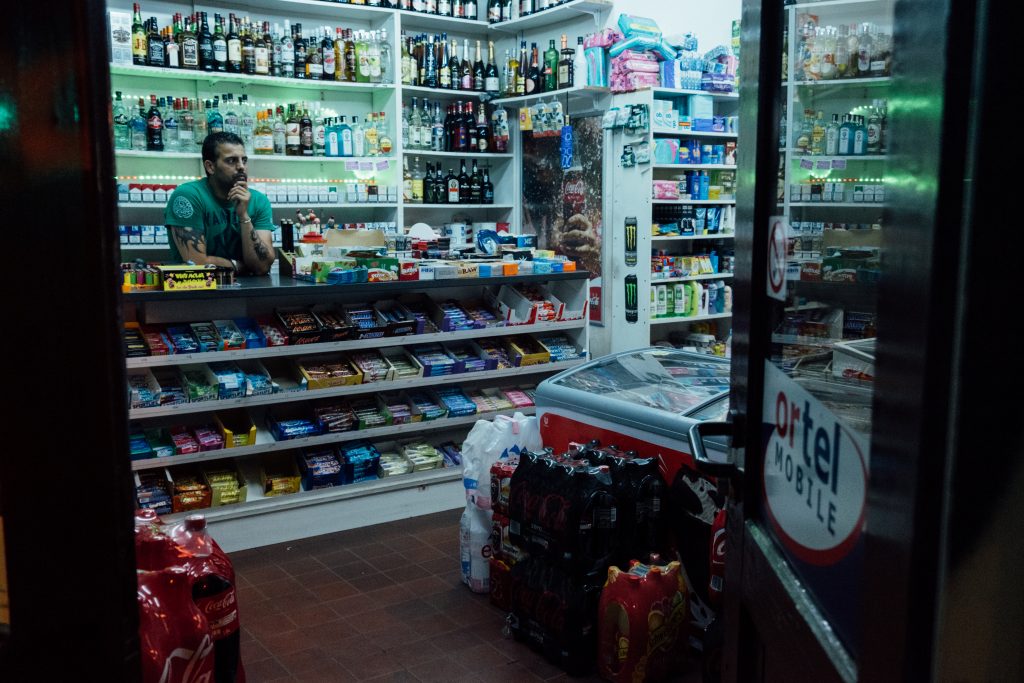
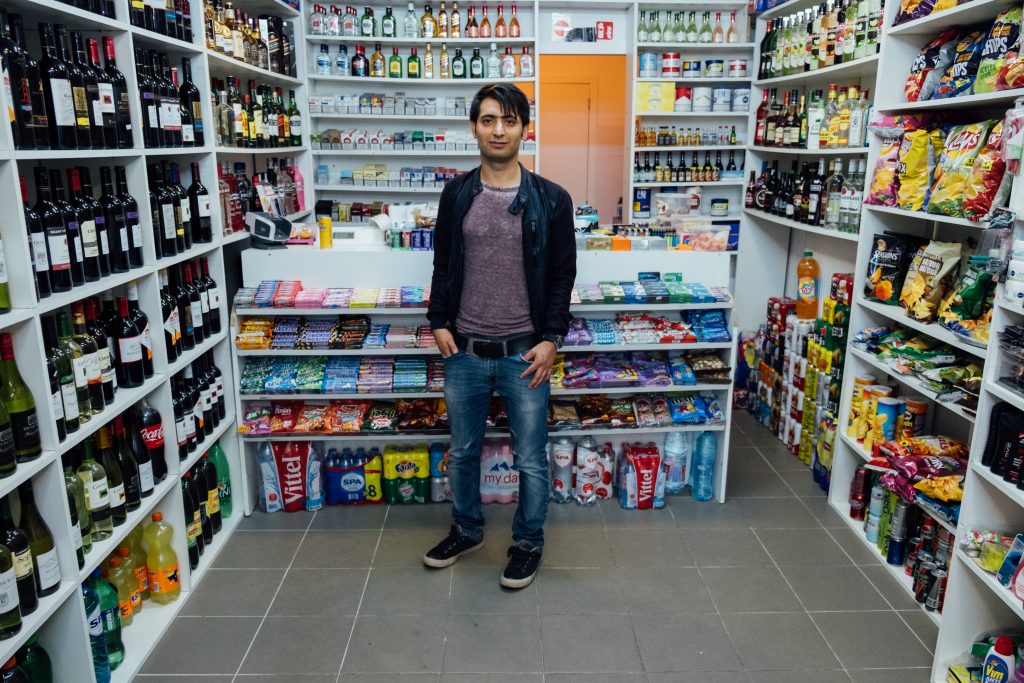

Cities have always been places where different customs, cultures, and individuals come in contact. In Antwerp, Belgium, a large network of nachtwinkels, or “night shops,” sells a basic selection of food, beverages, cigarettes, and toiletries. These neighborhood convenience stores, found across the city, are in many cases operated by immigrants and ethnic minorities, commonly from countries such as Afghanistan, Pakistan, Turkey, and Morocco. They are a significant part of Antwerp’s visual landscape and an important aspect of the city’s social and economic life. They are also a multicultural meeting place, and, for many recent immigrants, a means through which they can integrate into the wider community.
But recently, Antwerp’s night shops have become the targets of controversial policies introduced by the right-wing city council. In December 2014, the council announced that any shops deemed to be imagoverlagende, literally “image-lowering,” would be subject to a large initial fine of 6,000 euros, in addition to a significant annual tax. The night shops, in particular, were said to lower the image of the city. However, to many people, this is not a tax—it is an unjust and discriminatory penalty.
Several groups, including political parties and civil rights organizations, have accused Antwerp’s city council of “hidden racism,” while the council justifies the policy as necessary for “economic progress.” The night shops are now a significant focus of debate regarding the role of local government, policies of assimilation, and the treatment of ethnic minorities.
These photographs are fragments of Antwerp’s nocturnal life, reflecting an ongoing process of uneven urban development, the imbalanced organization of labor, and problems of identity, belonging, citizenship, and nationhood. But these photos also reflect the dynamic quality of the city, the nation, and modernity itself. Never fixed or static entities, modern societies are in a continuous state of transition and reinvention.

